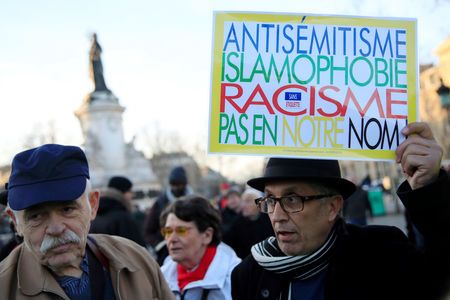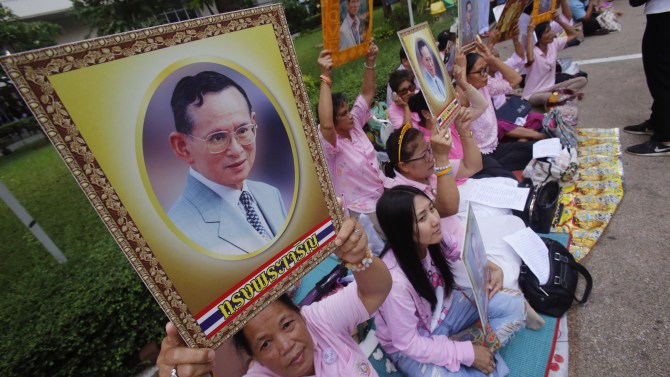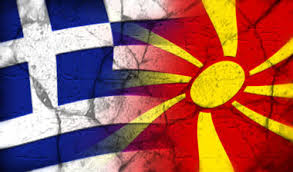In yesterday’s article we had mentioned David L. Phillips’s research entitled “Diplomatic History: The Turkey-Armenia Protocols” published on the internet on March 2’nd 2012, along with some activities of the Turkish-Armenian Reconciliation Commission he had helped to establish in 2001. It could be seen that Phillips, who is generally mistrusted in Turkey due to these activities, is regarded in the US as some kind of a specialist within the field of Turkey-Armenia relations. Phillips writing the research mentioned above must be the result of this conviction. In his research, Phillips explains the preparation and signing of the Turkey-Armenia Protocols. In order to do this, he conducted interviews with some Turkish, Armenian and American individuals and utilized some articles published on this subject. In the end, a text consisting of 128 pages has emerged. However, since Phillips explains the events chronologically rather than analytically, the research has become some kind of a pile of details. Therefore, those having essential knowledge of the Protocols have not been able to learn anything from Phillips’s research, while those not having any knowledge have disappeared in this sea of details. On the other hand, errors of facts, especially on some numbers, exist in his statements. Moreover, although the chapters such as “Freedom of Expression”, “Hrant Dink” and “Ergenekon” in this text carry some significance, generally these subjects have not had any influence on Turkey-Armenia relations and the Protocols in particular. We believe that there are two points in Phillips’s research which draws attention. The first is the US’s attempts to implement the “Track Two” formula (the meetings held between the two countries’ non-governmental organizations or professional associations) for the normalization of Turkey-Armenia relations. The second is some proposals on what could be done next for the normalization of Turkey-Armenia relations. Phillips indicates that opposite to the lack of contact between Turkey and Armenia on official level, the cooperation of non-governmental organizations of both countries continues and that most of the necessary financial aid for this is supplied by the US Government. According to him, 2.4 million has been allocated in the US Aid Mission in Yerevan while the US Embassy in Ankara has 2.3 million for this purpose. In a research published by TEPAV in January1 , it has been indicated that 47.3% of the Track Two activities have been financed by the US, but that this number is greater when considering that the US also contributes to the funds supplied by other sources. Some institutions of Germany, Sweden and Switzerland could be considered among the other countries. Which institution or individuals will attend the meetings from Turkey and Armenia will be determined by those providing financial aid. Since a significant amount of money exists, it could be understood that the number of those wanting to participate in these activities is quite high. However, Phillips mainly criticizes the activities organized by the US and addresses the lack of coordination between the embassies in Yerevan and Ankara, the lack of coordination among Armenian groups and also among Turkish groups, and the lack of coordination between Turkish and Armenian groups. Also based on the research of TEPAV mentioned above, the conclusion could be reached that the Armenian Groups are more financially supported. In short, it could be understood that quite intensive contacts have taken place between Turkish and Armenian non-governmental organizations and professional associations especially through the initiatives of the US. It would have been expected for these contacts to have achieved some cooperation between the two countries in specific fields or at least to have promoted it. However, no such result has been observed. After the failure of official contacts between Turkey and Armenia, it is believed that the “Track Two” activities will have the same outcome. (To be continued) ----------------------------------------------------- 1 Reflecting on the TWO Decades of Bridging the Divide: Taking Stock of Turkish-Armenian Civil Society Activities
© 2009-2025 Center for Eurasian Studies (AVİM) All Rights Reserved
 THE JEWS ARE GETTING THEIR SHARE FROM THE RISING FAR RIGHT IN EUROPE
THE JEWS ARE GETTING THEIR SHARE FROM THE RISING FAR RIGHT IN EUROPE
 THE SHATTERING OF REGIONAL ANCHOR FOR STABILITY: THE PASSING OF KING BHUMIBOL ADULYADEJ
THE SHATTERING OF REGIONAL ANCHOR FOR STABILITY: THE PASSING OF KING BHUMIBOL ADULYADEJ
 CAN "NORTHERN MACEDONIA" SOLVE THE PROBLEM?
CAN "NORTHERN MACEDONIA" SOLVE THE PROBLEM?




























